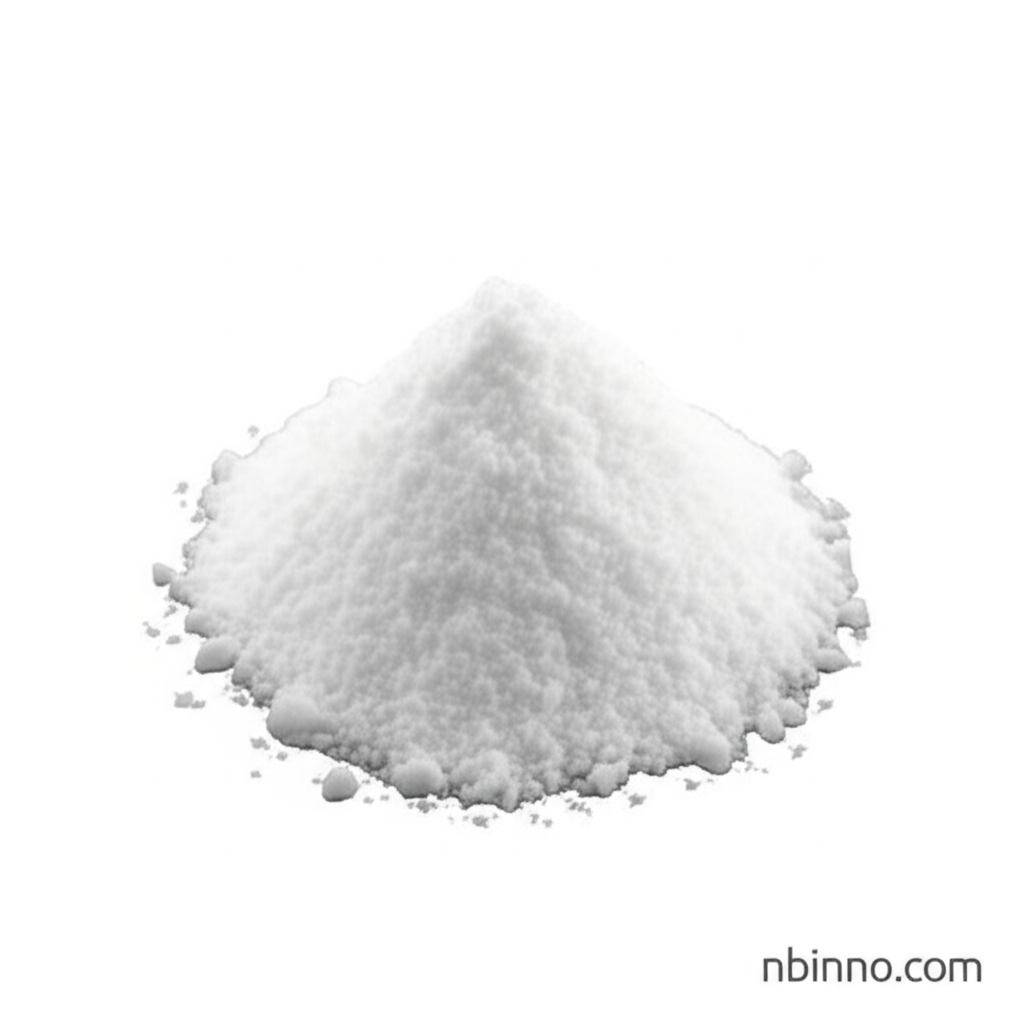Bupivacaine Hydrochloride: A Comprehensive Guide to its Pharmaceutical Applications and Properties
Explore the detailed profile of Bupivacaine Hydrochloride, a key local anesthetic for medical and pharmaceutical industries.
Get a Quote & SampleProduct Core Value

Bupivacaine Hydrochloride
Bupivacaine Hydrochloride is a highly effective amide-type local anesthetic. It functions by blocking voltage-gated sodium channels, thereby preventing the initiation and conduction of nerve impulses and providing localized anesthesia. This makes it a cornerstone in various medical procedures requiring pain management.
- Understanding the Bupivacaine Hydrochloride uses in various medical procedures offers insights into its versatility as a pharmaceutical agent.
- Investigating Bupivacaine Hydrochloride side effects is crucial for safe administration and patient care in clinical settings.
- The Bupivacaine Hydrochloride mechanism of action as a sodium channel blocker is fundamental to its anesthetic properties.
- Sourcing high-quality Bupivacaine Hydrochloride pharmaceutical grade material is paramount for ensuring efficacy and safety in final drug products.
Advantages of Utilizing Bupivacaine Hydrochloride
Extended Duration of Action
The prolonged effect of Bupivacaine Hydrochloride is highly valued for extended surgical procedures or pain management protocols, allowing for sustained patient comfort and reduced need for frequent redosing.
Potent Anesthetic Effect
As a powerful local anesthetic, it effectively numbs specific areas, facilitating complex medical interventions and improving patient outcomes by minimizing perceived pain.
Versatile Application in Medicine
From surgical anesthesia to acute pain management, the wide range of applications, including nerve blocks, demonstrates the critical role of Bupivacaine Hydrochloride for pain management in modern healthcare.
Key Applications
Surgical Anesthesia
Utilized for providing localized numbness during surgical procedures, ensuring patient comfort and enabling precise surgical interventions.
Acute Pain Management
Administered to manage postoperative pain or pain associated with acute medical conditions, offering relief and aiding recovery.
Nerve Blocks
Bupivacaine Hydrochloride is a key component in various nerve block techniques, providing targeted anesthesia and analgesia for specific body regions.
Epidural and Caudal Blocks
Frequently employed in epidural and caudal anesthesia, particularly during labor and delivery, due to its efficacy in pain relief with relatively less motor block.
